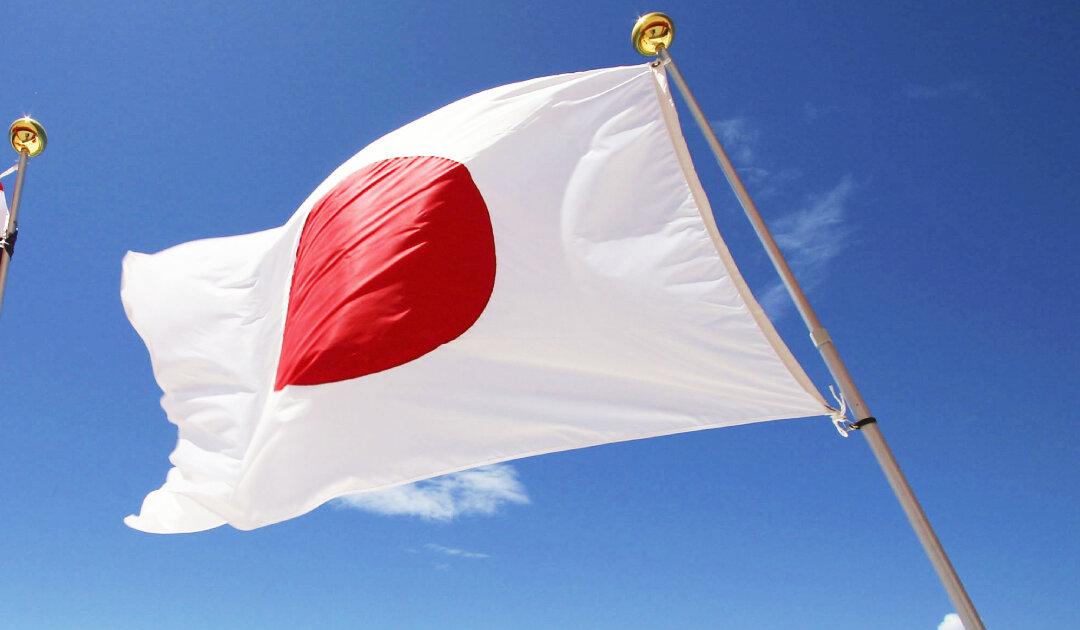Japan’s defense minister Nobuo Kishi said Wednesday that he would not rule out the option to conduct pre-emptive airstrikes on enemy bases because the country has reserved the right to do so.
During a parliamentary lower house budget panel hearing, Kishi said that such attacks “would fall within the scope of self-defense,” although it would be the last resort to protect Japan from inbound missiles, Nikkei Asia reported.





